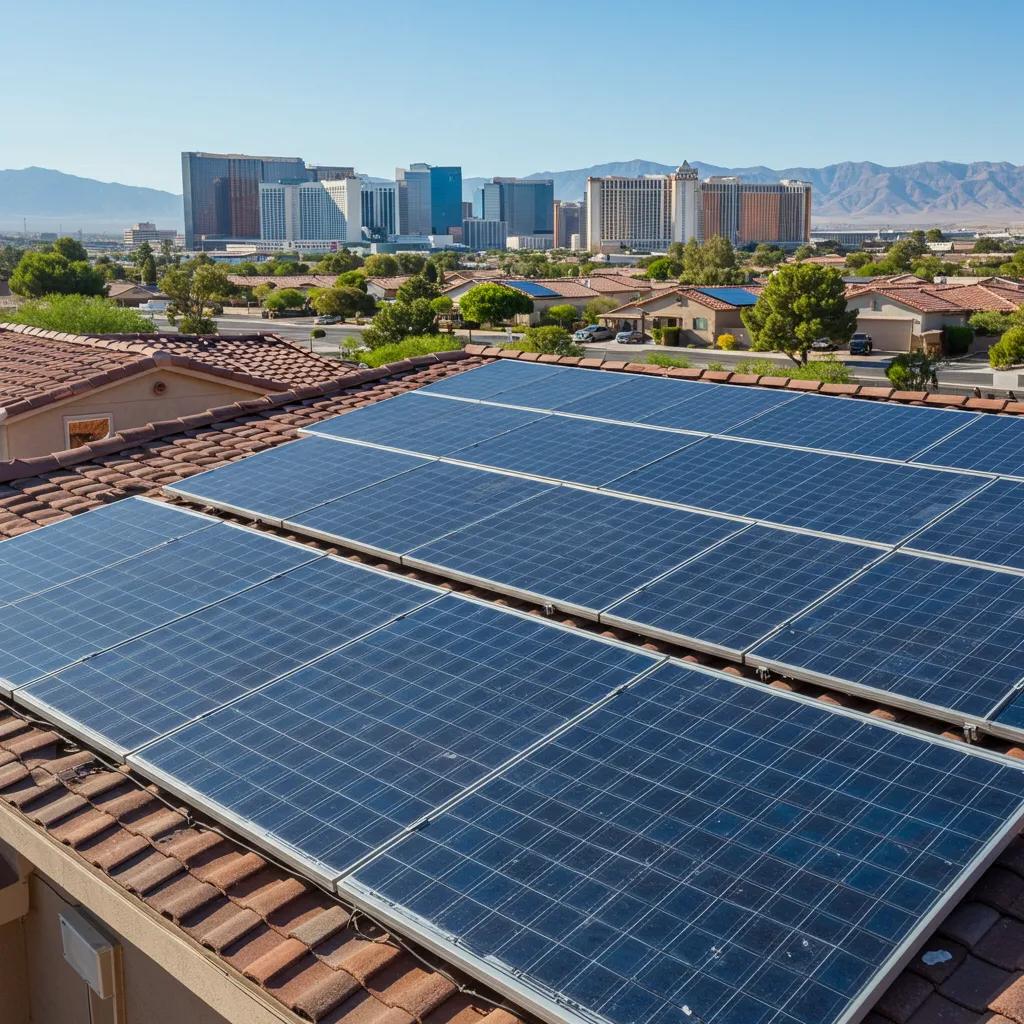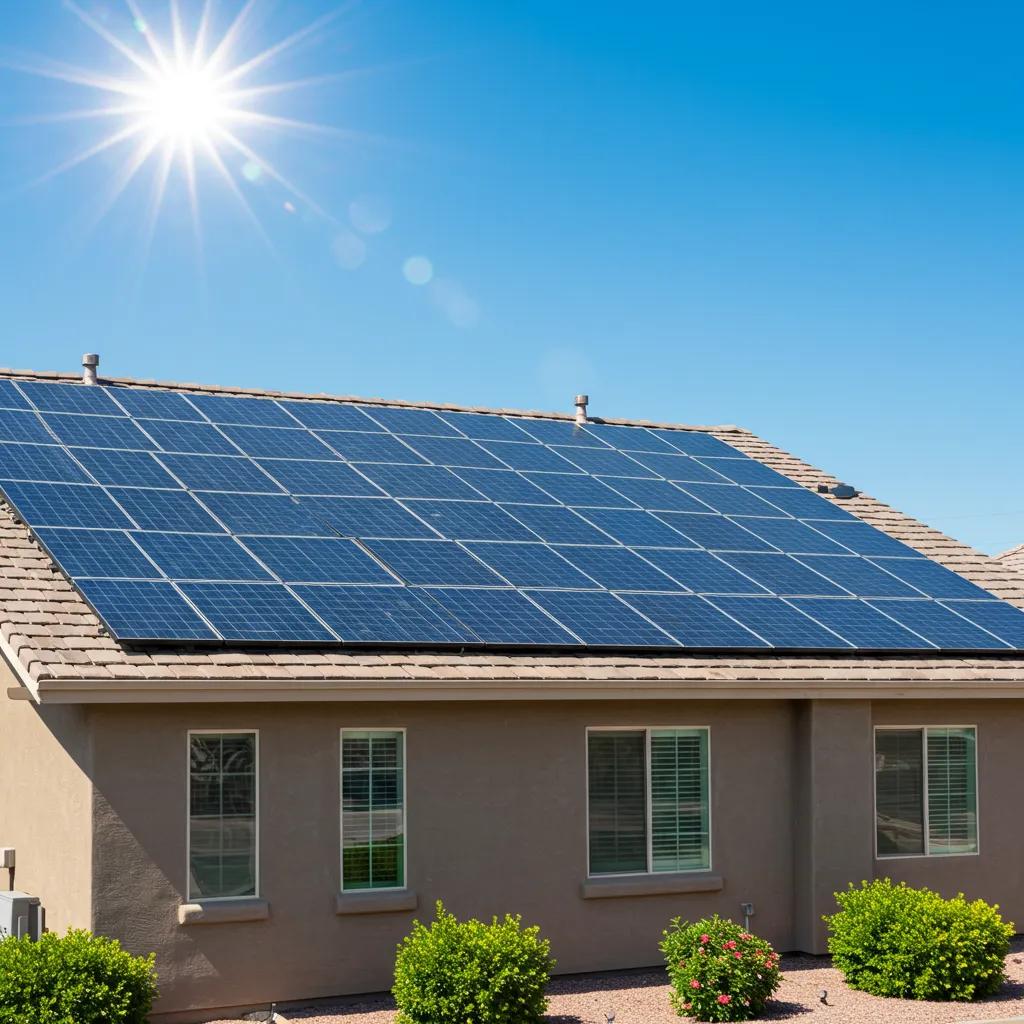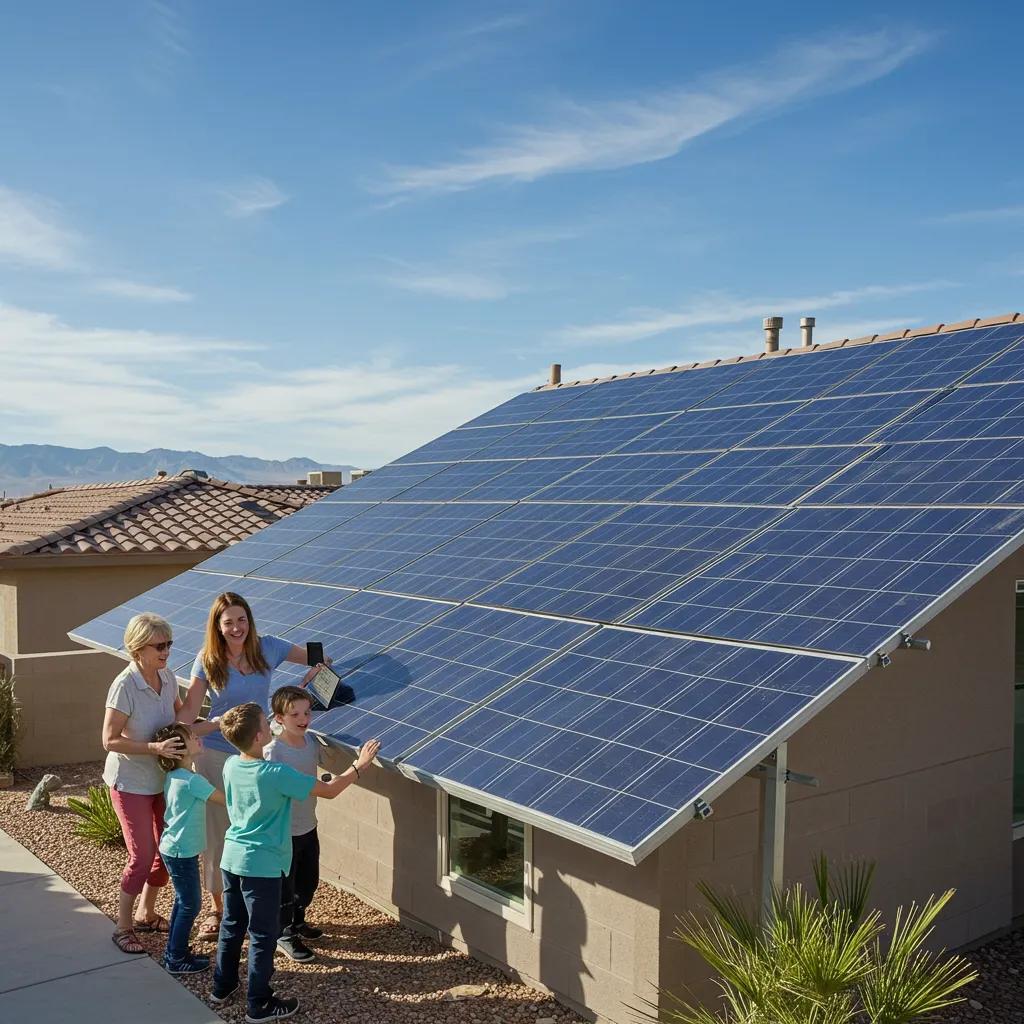The Impact and Evolution of Solar Panels
Solar panels have emerged as one of the most transformative innovations in the energy sector over the past decade. In this article, we will explore the profound impact of solar panels on the environment, economy, and society, highlighting the significant advancements made in the last ten years.
Environmental Impact of Solar Panels
Reduced Carbon Emissions
Solar panels harness the power of the sun to generate electricity, producing no greenhouse gas emissions during operation. This is in stark contrast to conventional fossil fuels, which are a major source of carbon dioxide emissions. Over the last decade, the adoption of solar panels has resulted in a substantial reduction in carbon emissions, contributing to global efforts to combat climate change.
Cleaner Air and Improved Health
The transition to solar energy has led to a reduction in air pollution. Traditional power plants burning fossil fuels emit pollutants that have adverse effects on air quality and public health. The use of solar panels decreases the need for these polluting power sources, leading to cleaner air and improved public health. Reduced air pollution means fewer cases of respiratory diseases and a lower environmental burden on healthcare systems.
Biodiversity Conservation
Solar installations typically have a smaller environmental footprint compared to fossil fuel infrastructure. Large-scale solar farms are designed to have minimal impact on local ecosystems, allowing for the coexistence of solar energy generation and biodiversity conservation. This symbiotic relationship is crucial in protecting threatened species and maintaining the ecological balance.
Economic Impact of Solar Panels
Job Creation
The solar industry has experienced explosive growth over the last decade. As the demand for solar installations has surged, so has the need for a skilled workforce. Solar-related jobs now encompass a wide range of roles, from research and development to manufacturing, installation, and maintenance. This burgeoning industry has become a significant driver of employment, creating opportunities for thousands of individuals globally.
Reduced Energy Costs
The decreasing cost of solar panels has made renewable energy more accessible to homeowners and businesses. In the past ten years, the price of solar panels has fallen dramatically, owing to advances in technology, economies of scale, and increased competition. This reduction in costs has translated into lower energy bills for those who invest in solar energy systems, leading to significant savings over the long term.
Energy Independence
Solar panels empower individuals and businesses to generate their own electricity. This newfound energy independence offers several advantages, including reduced reliance on centralized power grids, increased resilience during power outages, and greater control over energy costs. As distributed energy generation becomes more prevalent, the economic impact of solar panels continues to grow.
Technological Advancements of Solar Panels
Increased Efficiency
Solar panel efficiency, or the amount of sunlight that can be converted into electricity, has significantly improved. In the past, solar panels typically achieved efficiencies of 15-20%, whereas modern panels can surpass 20% and, in some cases, even 25%. This leap in efficiency means that contemporary solar panels can generate more power from the same amount of sunlight, making them a more viable and efficient source of renewable energy.
Thin-Film Solar Technology
Thin-film solar technology has gained prominence in the last decade. Unlike traditional crystalline silicon panels, thin-film solar panels are lightweight, flexible, and often more affordable to manufacture. This innovation has opened up new possibilities for integrating solar panels into various surfaces, such as building materials and clothing, expanding the potential applications of solar energy.
Energy Storage Solutions
Energy storage technologies, such as lithium-ion batteries, have seen significant advancements. Solar energy systems combined with efficient energy storage solutions allow excess energy generated during the day to be stored and used during the night or on cloudy days. This development has made solar energy a more reliable and versatile source of power, reducing the reliance on the grid and increasing energy resilience.
Global Impact of Solar Panels
Renewable Energy Integration
Countries worldwide are recognizing the importance of renewable energy sources like solar power in their energy mix. The growth of the solar industry has accelerated the shift toward cleaner energy generation. Government policies and incentives have encouraged the adoption of solar technology, further driving the global transition to sustainable energy.
Improved Energy Access
Solar panels have played a crucial role in bringing electricity to remote and underserved areas. Solar installations combined with microgrid systems have extended access to electricity to regions where traditional power infrastructure is not feasible or cost-effective. This has a profound impact on education, healthcare, and economic development in these communities.
Energy Security
As nations strive for energy security, solar energy’s decentralization and reduced dependence on fossil fuels have become key advantages. Solar panels contribute to national energy security by diversifying the energy mix, reducing vulnerability to supply disruptions, and providing a reliable source of power during emergencies.
The last ten years have witnessed a remarkable transformation in the solar energy landscape. Solar panels have evolved into a cleaner, more efficient, and economically viable source of electricity. They have had a profound impact on the environment, reducing carbon emissions and improving air quality. The solar industry has generated employment opportunities and reduced energy costs for consumers. Technological advancements, such as increased efficiency and energy storage solutions, have further expanded the capabilities of solar energy.
Globally, solar panels are contributing to the transition to cleaner energy sources, and they are bringing electricity to remote regions. As we look toward the future, it is clear that solar panels will continue to play a pivotal role in mitigating climate change, driving economic growth, and ensuring energy security. The last decade has been an era of solar revolution, and the years ahead promise even more exciting innovations in this transformative industry.
The last decade has seen a remarkable evolution in solar panel technology, with increased efficiency and reduced costs. These advancements have enabled California to emerge as a leader in solar energy adoption. Solar panels have played a crucial role in mitigating blackouts by providing resilience, grid support, and energy independence. As California continues to make strides in renewable energy, solar panels will remain a key component of the state’s strategy for a sustainable and reliable energy future.
California Blackout Dates in the Last Decade
To give you a sense of the significance of solar panels in mitigating blackouts, let’s briefly examine some of the major blackout dates in California in the last decade:
August 14-15, 2020: One of the most significant blackouts occurred during a heatwave, affecting millions of Californians. Solar panels helped mitigate the impact by providing electricity during daylight hours.
October 9, 2019: PG&E, the state’s largest utility, implemented a planned blackout to prevent wildfires. Homes with solar and battery systems could continue to power essential appliances and remain safe.
July 6, 2017: High temperatures and increased demand caused power outages in parts of Southern California. Solar panels provided electricity to homes, reducing the impact of the blackout.
September 8, 2011: A large-scale power outage in San Diego County affected over a million people. While solar panels were not as widespread then, they could have made a difference had they been more prevalent.


